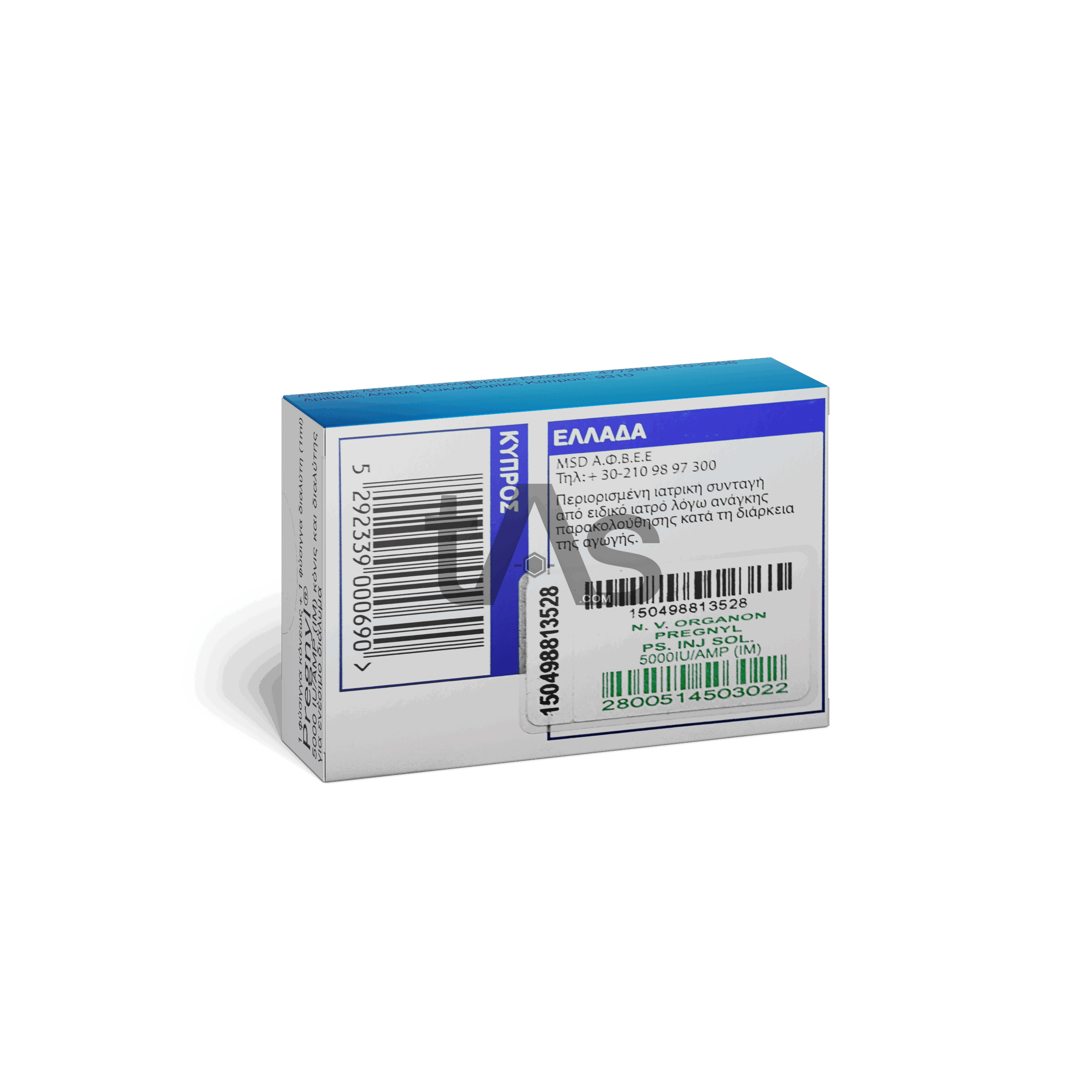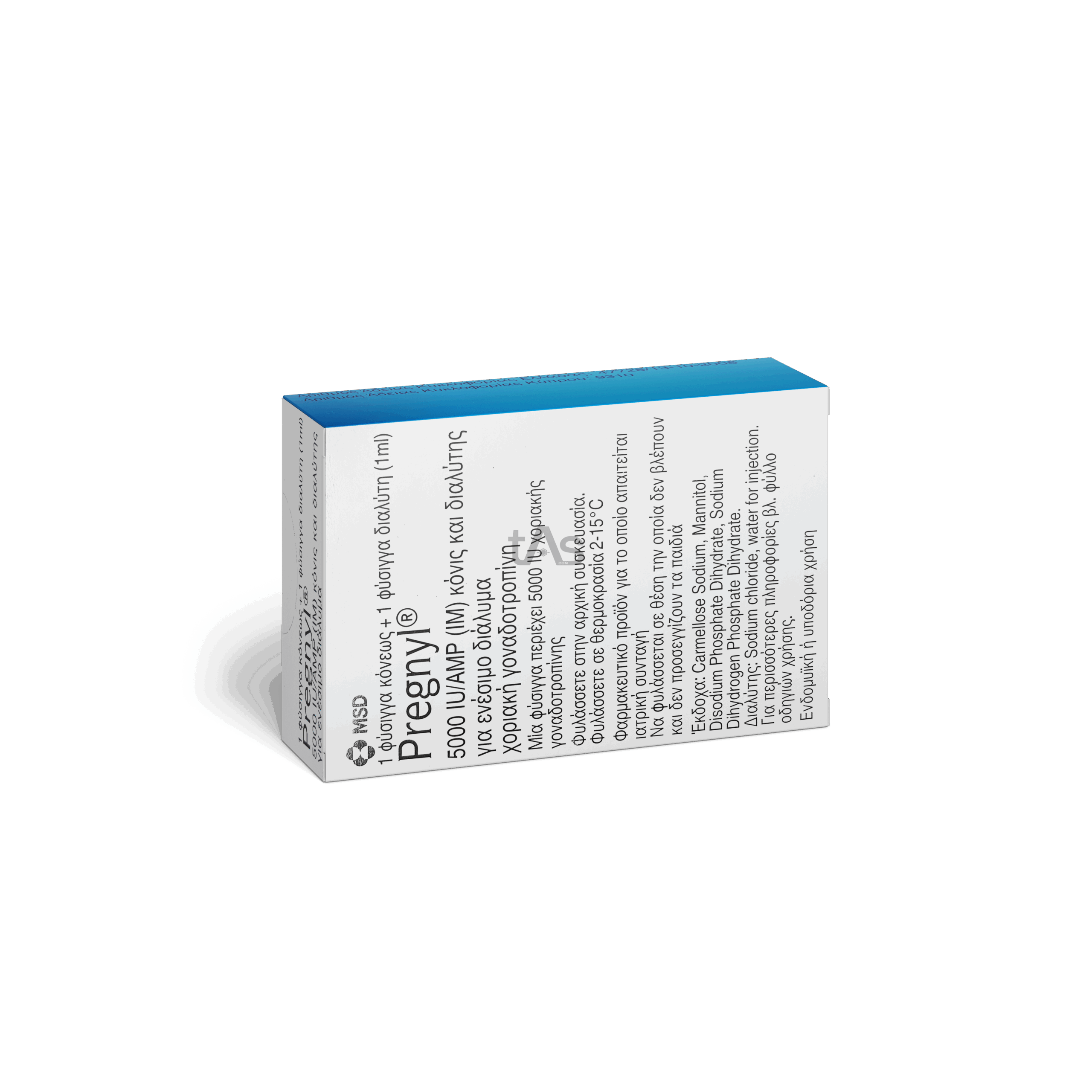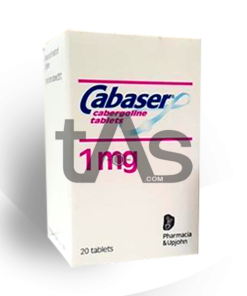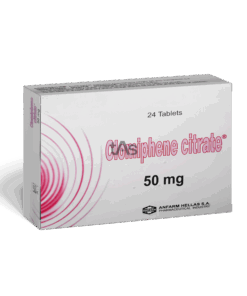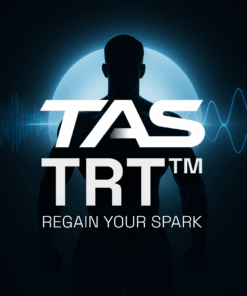Description
Buy Pregnyl HCG For Sale At The Anabolic Store Online.
Human Chorionic Gonadotropin (HCG) is a protein hormone, also referred to as a peptide hormone, that is naturally produced in the female body by the syncytiotrophoblast cells of the placenta. HCG plays a crucial role in stimulating the release of progesterone, a hormone that is vital for maintaining pregnancy. The HCG used for medical purposes is not synthetically created but is instead derived from human sources, particularly from the urine of pregnant women, where it is found in high concentrations.
HCG is a key indicator of pregnancy, as it is only present in significant amounts during this time. Home pregnancy tests detect HCG levels in urine, and if HCG is detected at high levels, the test typically shows a positive result. In early pregnancy, HCG levels rise rapidly, and they can be detected within a week of secretion. However, it is only around 2 to 3 months into pregnancy that blood plasma levels of HCG peak, after which they begin to decline.
Chemical Characteristics of HCG
Human Chorionic Gonadotropin (HCG) is a glycoprotein hormone, meaning it is a protein molecule with one or more sugar molecules attached. It consists of a chain of 244 amino acids, with a subunit of 92 amino acids that are identical to those found in Luteinizing Hormone (LH) and Follicle-Stimulating Hormone (FSH). This section of the HCG molecule allows it to mimic the actions of LH and FSH, activating the same receptors in cells.
Properties of HCG
HCG is primarily used to treat female infertility or to stimulate endogenous testosterone production in men.
HCG Side Effects
Estrogenic Side Effects
HCG can increase the activity of the enzyme aromatase in the testes, leading to an increase in estrogen production due to the conversion of androgens into estrogen. This can cause estrogenic side effects, which may be mitigated by using an aromatase inhibitor (AI) during HCG therapy. Aromasin (Exemestane) is often recommended, but other AIs may also be effective. However, combining HCG with Nolvadex and certain AIs (such as Letrozole or Arimidex) in post-cycle therapy (PCT) can lead to complications, as detailed in the HCG dosing section.
Androgenic Side Effects
HCG use can lead to higher levels of androgens in the bloodstream, including testosterone and dihydrotestosterone (DHT), which can cause androgenic side effects. These include oily skin due to increased sebum production, acne, hair growth on the face and body, benign prostatic hypertrophy (BPH), and an elevated risk of male pattern baldness (MPB) in individuals genetically predisposed to the condition. These effects are a natural and expected consequence of HCG use.

